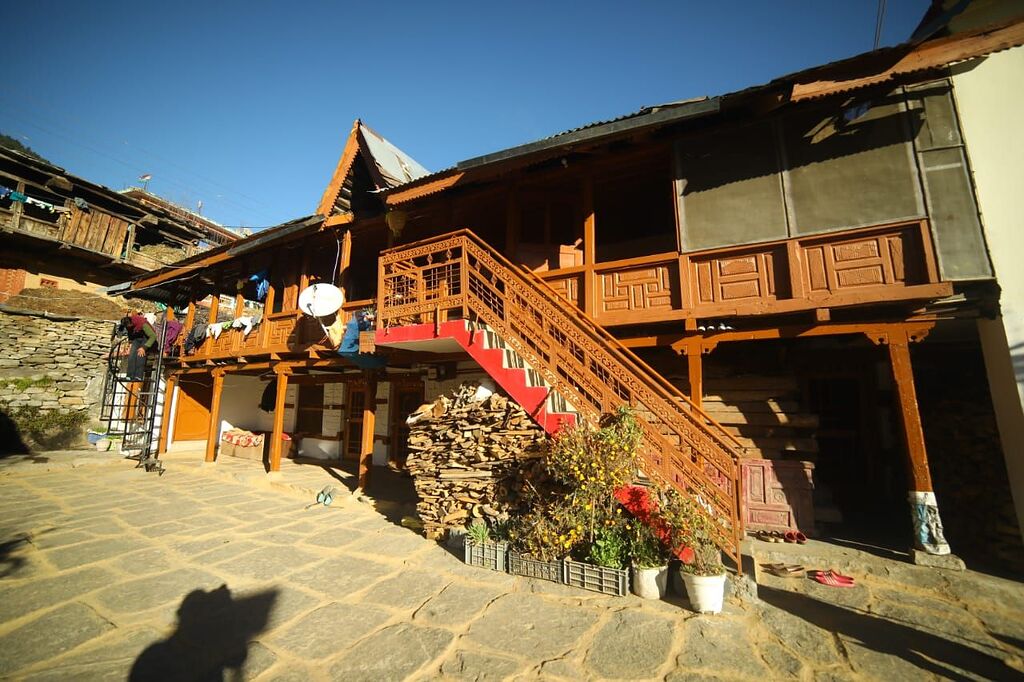Now Reading: India’s Only All-Women Market: The Centuries-Old Power of Ima Keithel in Manipur
-
01
India’s Only All-Women Market: The Centuries-Old Power of Ima Keithel in Manipur
India’s Only All-Women Market: The Centuries-Old Power of Ima Keithel in Manipur

Tucked in the heart of Imphal, Manipur, is a marketplace that defies traditional norms—not just in India, but globally. Ima Keithel, meaning “Mother’s Market,” is the largest women-run market in Asia and one of its kind in the world. Here, more than 5,000 women own, manage, and operate every single stall. No men are allowed to sell. This is commerce shaped entirely by women—and it has been that way for centuries.
Where tradition meets independence
Ima Keithel isn’t a recent development. It traces its roots back nearly 500 years. The market began as a space where women could support their families during times when the men were away at war or involved in state labor. Over time, it grew into a cultural institution—proof of how women sustained the economy even when power structures didn’t acknowledge their role.
Today, stalls sell everything from fresh vegetables and handmade textiles to herbs, utensils, and jewellery. Most sellers are middle-aged or elderly women. Their authority isn’t granted—it’s earned and accepted by the community.
A space beyond trade
What makes Ima Keithel more than just a market is the way it empowers women socially and politically. For many, it’s not just a livelihood—it’s independence, identity, and strength. These women are not only vendors; they are decision-makers, negotiators, and often community leaders.
In a region that has seen conflict and social unrest, especially around identity and autonomy, Ima Keithel has remained a calm, steady force. The women here often discuss politics, raise collective voices when needed, and support one another through informal networks. The market becomes a space of solidarity as much as sales.
Lessons for the rest of India
In Tier 2 cities across India—where women are still fighting for equal economic footing—Ima Keithel presents a compelling case study. It challenges the idea that business or financial control is a man’s domain. Here, women didn’t wait for policy reform or startup grants. They created a parallel system of self-reliance long before empowerment became a buzzword.
And while urban centers like Pune, Nagpur, and Bhopal are seeing growing participation of women in business, what sets Ima Keithel apart is the scale, tradition, and self-sustaining model. No NGOs or external organizations built it—it emerged from lived need and local initiative.
Changing but holding firm
Like any old institution, Ima Keithel is adapting. Younger women are joining in, some bringing digital payment systems and social media awareness. Still, the market retains its essential character—rooted in tradition, led by elders, and governed through collective understanding rather than hierarchy.
Tourism has increased visibility, but the women of Ima Keithel are clear: their market isn’t a spectacle. It’s their workplace, their legacy, and their space.
Wrapping up
Ima Keithel is more than a market. It’s a standing reminder of what community-led empowerment looks like when women are trusted with responsibility—and when they take it up on their own terms. In an era where equality is often spoken about in future tense, this corner of Manipur shows it’s already been done, quietly and effectively, for generations

























